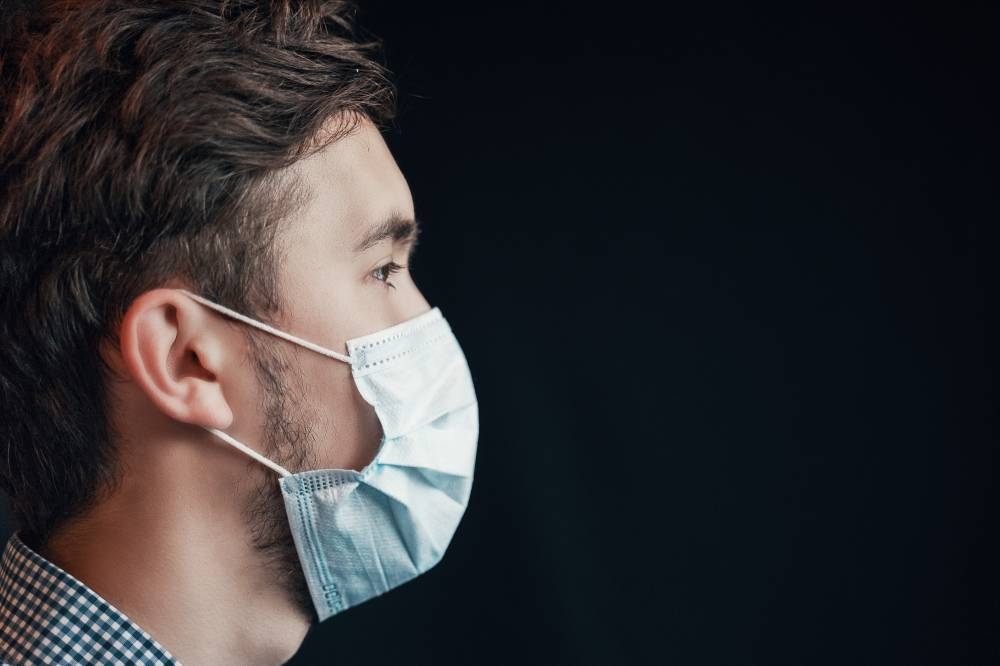Combatting RSV: Experts urge for public vigilance and government intervention

Recognising the prevalence of Respiratory Syncytial Virus (RSV) among premature and compromised infants, experts are urging parents and caregivers to be more vigilant while also calling on governments to provide greater support and guidelines to tackle this silent threat.
Universiti Kebangsaan Malaysia (UKM) Children Specialist Hospital Head of Immunology and Rheumatology Associate Professor Dr. Adli Ali, emphasizes respiratory infections as a pressing issue.
"RSV is a contagious virus infecting the nose, throat, and lungs, making it hard to breathe.
"It manifests in flu-like symptoms, but it is more than a mere cold for infants," he said.
The doctor added that severe RSV symptoms include high fever, fatigue, refusal to eat and drink, pale complexion, and noisy or whistling breathing.
The virus is mainly spread through touching infected surfaces and droplets from cough and sneezes.
“If preventive measures are not taken, the virus can escalate quickly, leading to a case of severe RSV, which then leads to hospitalisation or worse, death.
“Yet, public awareness remains alarmingly low even though this has been the most common cause for early life hospitalisation," he said.
While RSV can impact all age groups, the populations at the highest risk for severe RSV are infants and the elderly. This is especially true for premature infants, and children who suffer from pulmonary and respiratory issues such as Congenital Heart Defects (CHD) and Bronchopulmonary Dysplasia (BPD).
In a bid to change things, Dr. Adli is pushing for robust awareness campaigns that spotlight RSV's potential repercussions, especially for vulnerable populations.
RSV: A SILENT AGGRESSOR
RSV's impact is underscored by statistics: nearly 90 percent of children under 2 years of age fall prey to this respiratory virus, making it the foremost cause of lower respiratory tract infections.
Shockingly, it ranks as the second most common cause of infant mortality, contributing to 60,000 deaths in 2017 alone.
Nearly half of pneumonia cases among infants find their origin in RSV, and RSV contributes a remarkable 90 percent of bronchiolitis cases among infants.
To paint a more localised picture, Dr. Adli shared the statistics of the severe RSV cases admitted into UKM Children's Specialist Hospital.
“Over a span of six years, 697 cases were admitted, with approximately 40 percent of these cases involving infants under the age of 2.
“After Covid, we saw a spike in RSV cases. In 2022, there were 262 infants were admitted due to severe RSV,” he said.
Dr. Adli added that with lockdowns and mask mandates in place, RSV cases often went undetected during the early stages of the pandemic.
However, the introduction of vaccines and Conditional Movement Control Orders (CMCO) led to a surge in cases in 2021, followed by a surprising decline with the emergence of the Omicron variant.
This decline, he said, is attributed to the possibility that the rampant Omicron infection blocked off other viruses co-infections.
Nonetheless, this was short-lived, as the blockage gave way to an "immunity debt" phenomenon. Young children, shielded for an extended period, were exposed to new viruses, causing an abrupt resurgence in RSV cases.
URGENT NEED FOR GOVERNMENT ACTION
These discussions are crucial because RSV is not a novel issue, yet there exists a substantial lack of public awareness.
Dr. Adli emphasized that the impact of hospitalisation extends beyond the burden on government and private hospitals; it also places an indirect strain on families, both financially and economically, as entire families might be hospitalized or compromised.
Given its high level of contagiousness, RSV can easily spread to other children with whom the patient comes into contact, setting off a chain reaction within the community and exacerbating the disease's overall burden.
Galen Center Founder and CEO Azrul Mohd Khalib asserts the government to review its under-investment of the healthcare sector.
"We stand at a crucial juncture. Despite the existence of effective treatments, inadequate allocation of resources and attention has hampered our response.
"We have an array of treatment options available globally and locally. Our current strategy should be focusing on ones we are already familiar with instead of venturing into unknown territory," he said.
Currently, the treatment available for RSV-affected infants is RSV prophylaxis shots which are usually administered in five doses on a monthly basis. However, it is pointed out that this prevention method isn’t usually opted for due to a lack of awareness of its availability and limited accessibility to the treatment.
“To receive a total of 5 shots, the cost can reach up to RM20,000.
“There are financial aids available but funding cap and laborious paperwork pose additional hurdles for patients and caregivers," he said.
Azrul advocates for the strategy to first prioritize high-risk infants for treatment and progressively expand accessibility to all.
PREVENTING RSV AT HOME: A SHARED RESPONSIBILITY
While expert-led initiatives are vital, individuals can also play a significant role in preventing RSV's spread. Universiti Malaya Medical Centre Consultant Neonatologist and Paediatrician Associate Professor Dr. Choo Yao Mun underscores the importance of starting preventive measures from home.
“Practicing good hygiene, avoiding crowded places, and steering clear of smoke and dusty environments are the three key practices. “Parents should also abstain from sending their sick children to daycare as it’ll further lengthen the infection chain.
"Every action taken at home reverberates in the larger fight against RSV,” he said.
Additionally, for patients who suffer from mild RSV, at-home care consists of taking painkillers such as paracetamol plus drinking a sufficient amount of water to avoid dehydration.
As RSV's profile gains traction in the public discourse, experts are hopeful that increased awareness and proactive government intervention will turn the tide against this underappreciated threat.
Infant lives are at stake, and the collective effort to shield them from RSV's impact is a responsibility that cannot be ignored.











